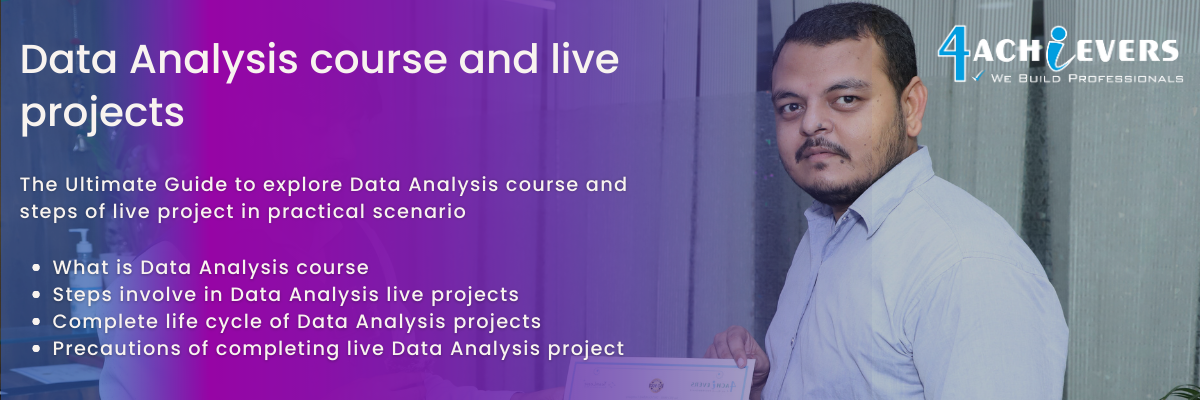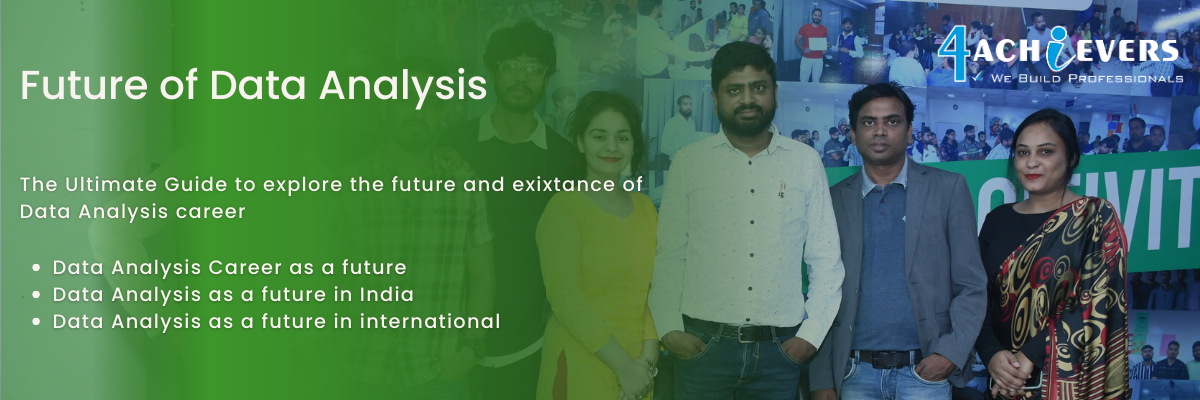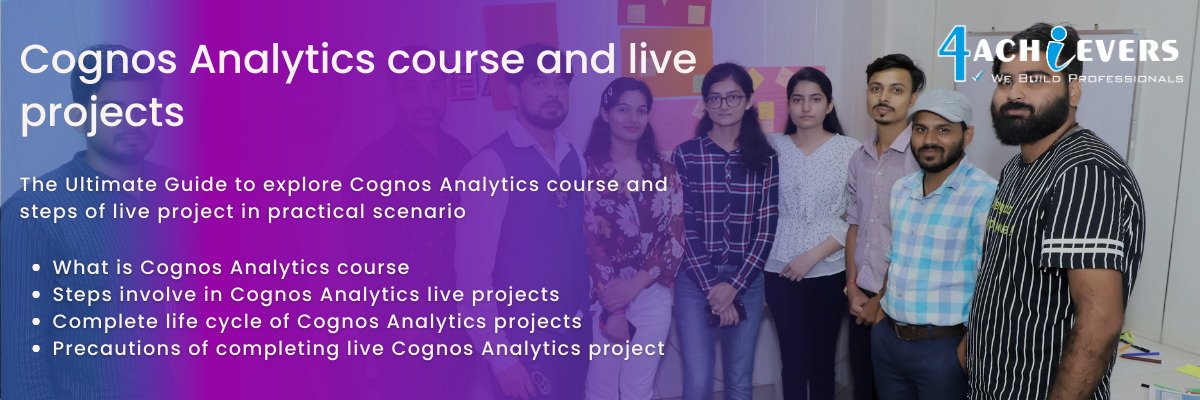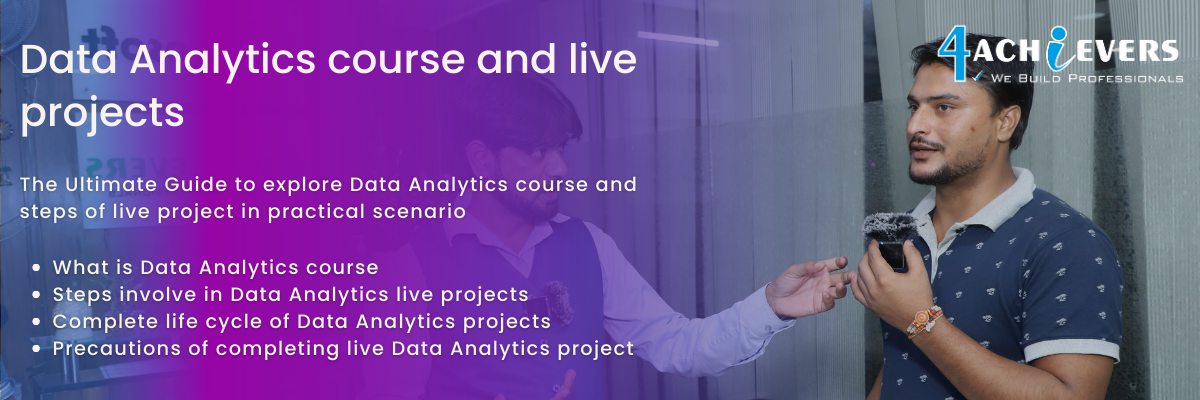





Data visualization is an important tool for data analysis, as it helps to communicate information quickly and effectively. 4Achievers allows us to see patterns, trends, and insights in data that would be difficult to detect with the naked eye. Data visualization also helps to simplify complex data sets, making them easier to understand and interpret. Visualization can help to identify correlations between different variables and provide a better understanding of data. 4Achievers can also point to potential problems or areas of improvement. Additionally, data visualization can help to make sense of data that would otherwise be difficult to understand. By using visual tools such as charts, graphs, and maps, data can be presented in a more accessible way, allowing for more accurate analysis.
Data visualizations are graphical representations of data that make it easier to understand. They can be used to analyze trends, identify outliers, and gain insights from data.
4Achievers most common types of data visualizations are:
1. Bar Charts: Bar charts are used to compare values among different categories. They use horizontal or vertical bars to represent the data in the form of length or height.
2. Line Graphs: Line graphs are used to track changes in data over time. They use points connected by lines to show the changes in data points.
3. Pie Charts: Pie charts are used to represent the proportions of different categories of a whole. They show the relative sizes of the different categories in a circular graph.
4. Area Charts: Area charts are used to visualize changes in data over time. They use filled areas to represent the data points.
5. Scatter Plots: Scatter plots are used to compare the relationship between two variables. They use dots on a chart to represent the data points.
6. Heat Maps: Heat maps are used to represent the relative values of two or more variables. They use colour to represent the data points.
7. Bubble Charts: Bubble charts are used to compare three or more variables. They use bubbles of different sizes to represent the data points.
8. Histograms: Histograms are used to represent the distribution of data over a set of intervals. They use bars to represent the data points.
9. Word Clouds: Word clouds are used to visualize text data. They use words of different sizes to represent the frequency of the words.
Data analysis results can be interpreted in a variety of ways, depending on the type of analysis utilized. Generally, the interpretation of data analysis results involves understanding the meaning of the results and drawing conclusions from them. For example, if the analysis focuses on trends, then the interpretation would be to look for patterns or changes in the data over time. If the analysis focuses on correlations between variables, then the interpretation would be to identify possible relationships between those variables. Additionally, analysis results can be used to assess the accuracy of predictions, provide insight into the underlying causes of a problem, and make decisions about future actions. Ultimately, the interpretation of data analysis results should be tailored to the individual situation and the goals of the analysis.
Data analysis tools are software applications used to collect, organize, and analyze data. These tools are used to gather, store, and analyze data from various sources such as databases, spreadsheets, and surveys.
1. Business intelligence (BI) tools: These are used to collect, store, and analyze data from multiple sources. They help to identify trends, gain insights, and improve decision making. Examples include Microsoft Power BI, Tableau, and Qlik.
2. Data visualization tools: These tools allow users to view data in a graphical format. Examples include Microsoft Excel, IBM Watson Analytics, and Sisense.
3. Spreadsheet programs: These are used to organize and analyze data in a tabular format. Examples include Microsoft Excel, Google Sheets, and Apache OpenOffice.
4. Statistical analysis tools: These tools are used to analyze large amounts of data. Examples include SPSS, SAS, and R.
5. Data mining tools: These tools are used to uncover hidden patterns and correlations in large amounts of data. Examples include Weka, Orange, and KNIME.
6. Machine learning tools: These tools are used to automate data analysis tasks. Examples include TensorFlow, Caffe, and Scikit-learn.
Data analysis and data modeling are two distinct processes used to gain insights from data. Data analysis is the process of collecting, organizing, and analyzing data to uncover patterns and trends. Data modeling is the process of taking those patterns and trends and using them to create predictive models that can be used to make decisions.
Data analysis takes raw data and organizes it into meaningful categories and groups. 4Achievers helps to identify trends and outliers in the data, and can be used to understand how different elements of the data are related. Data modeling takes the insights from data analysis and uses them to create models that can be used to make predictions. Data models often use machine learning algorithms to make accurate predictions. 4Achievers models are tested and tweaked until they are successful in predicting future outcomes.
Data analysis plays an integral role in business intelligence. Through data analysis, businesses are able to gain insights into their operations, customers, and markets. By analyzing data, businesses can identify trends, opportunities, and risks to help inform decision making. Data analysis also allows businesses to identify correlations and relationships between different variables which can be used to optimize processes and identify new opportunities. Data analysis can also be used to inform marketing and pricing decisions. By analyzing customer and sales data, businesses can develop targeted marketing campaigns and pricing strategies that are tailored to their customer base. Data analysis also allows businesses to measure the success of their strategies and make adjustments as needed. In conclusion, data analysis is an essential component of business intelligence, as it provides insights that are critical to improving operations and increasing profits.
Data analysis is an invaluable tool for businesses, governments, and other organizations. 4Achievers allows them to gain insights into their own operations, understand the behavior of their customers, and make more informed decisions.
One of the primary benefits of data analysis is that it can help organizations become more efficient and effective. By analyzing data, organizations can identify areas where they can perform better, such as cutting costs or increasing their output. With data analysis, organizations can also better understand their customers, allowing them to tailor their offerings and services to better meet their needs.
Data analysis also allows organizations to identify trends in their data sets. By recognizing patterns, they can anticipate future trends and make informed decisions on how to address them. This can lead to improved marketing strategies, better customer service, and better overall performance.
Data analysis also helps organizations reduce risk. By understanding the data, they can identify and mitigate potential risks in their operations, such as fraud and cyber-security threats. Data analysis also helps organizations become more agile and responsive, as they can quickly identify and address problems before they become too costly.
Finally, data analysis can be used to help organizations make better decisions. By understanding the data and analyzing it for insights, organizations can gain a better understanding of the environment in which they operate, allowing them to make more informed decisions which can lead to greater success.
Data analysis helps companies understand their customers by providing a comprehensive picture of customer activity and preferences. 4Achievers allows companies to identify trends and patterns among customers, enabling them to better tailor their products and services to their customer base. By tracking customer behavior, companies can also make predictions about future customer needs and demands. Additionally, data analysis can identify customer segments, allowing companies to target their marketing and other efforts to the most relevant customer groups. Ultimately, data analysis helps companies better understand their customers and better serve them.
Data analysis and data science are closely related fields that involve gathering and analyzing data to uncover patterns and insights. Data analysis is the process of collecting, cleaning, and transforming data, while data science is the combination of mathematics, statistics, and computer science that helps to draw conclusions from data.
4Achievers difference between data analysis and data science lies in the scope of the work. Data analysis is typically focused on a specific data set or problem, and involves more of a quantitative approach to understanding the data. Data science is a broader field which encompasses data analysis, but also involves more qualitative aspects, such as understanding how the data fits into the bigger picture. Data scientists often use data analysis to support their findings, but they also use other techniques, like machine learning and artificial intelligence, to come to conclusions.
In short, data analysis is focused on the technical aspects of collecting and understanding data, while data science is focused on understanding the implications of the data and using it to draw conclusions.
Quantitative data analysis is a process of examining and evaluating numerical data to gain insight into a particular situation or condition. This type of analysis typically involves the use of statistical methods such as correlation, regression, and hypothesis testing. Qualitative data analysis, on the other hand, is the process of examining and interpreting non-numerical data. This type of analysis typically involves the use of methods such as text analysis, content analysis, discourse analysis, and ethnography. Qualitative data analysis is used to gain a deeper understanding of underlying meanings and concepts in data. This type of analysis is also used to identify patterns and relationships between different types of data.



-a-live-projects.png)
-b-future.png)
-c-jobs.png)












-a-live-projects.png)
-b-future.png)
-c-jobs.png)



-a-live-projects.png)
-b-future.png)
-c-jobs.png)


